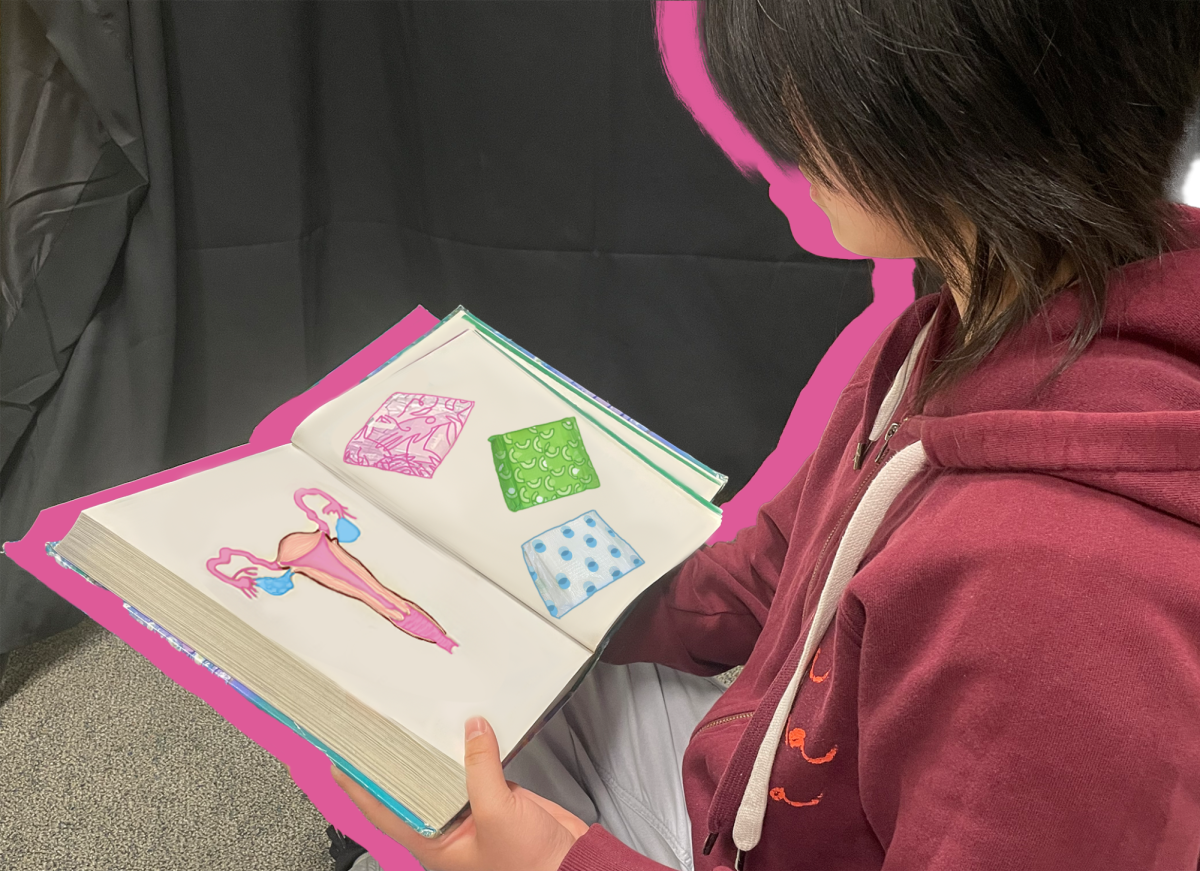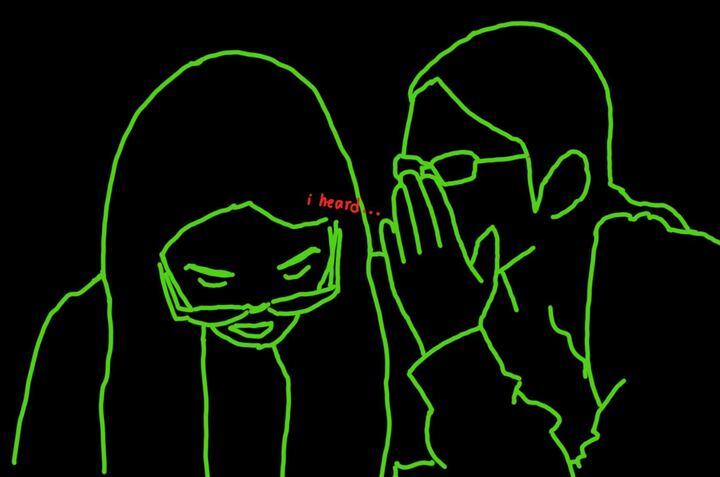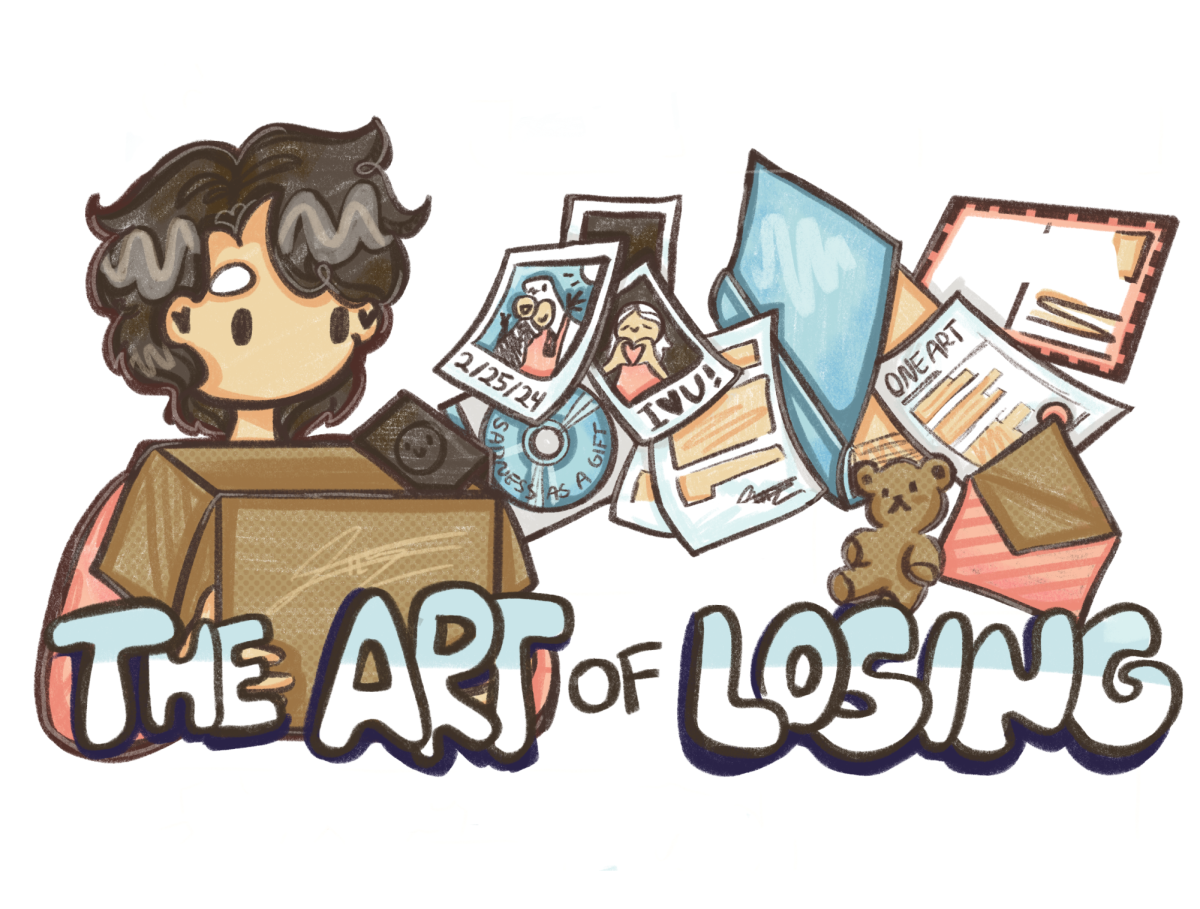**spoilers ahead
It starts at the end: a girl who kills herself and leaves behind tapes explaining her decision to do so. It showcases “typical” high school experiences: a girl who faces bullying, romantic issues, and harassment. It ends in understanding: a girl who has attempted to show her peers the impact of their words and actions on her and others.“13 Reasons Why” has recently become Netflix’s most talked about show, highlighting the experiences of high school student Hannah Baker, a teenager who consistently faces hurdle after hurdle, experiencing everything from bullying for appearing promiscuous to being raped. The show addresses heavy subject matter, such as emotional manipulation and physical abuse, and as the show progresses into a second season, many critics have accused the show of romanticizing suicide.
To romanticize a concept is to describe it in an idealized or unrealistic fashion, portraying the concept as better than it actually is. And on a surface level, “13 Reasons Why” does appear to do so. Even though Baker tries to get help from a school counselor, the counselor’s unhelpful response leads her to decide that suicide is the best option, seemingly romanticizing the action.
 The show is a story. It is a drama. It is a continually depressing and dramatic capturing of one student’s high school experience. In a column, Rolling Stone notes how “in real life, when someone commits suicide, their story ends there. “13 Reasons Why” failed to end Baker’s story, since she lives on through the tapes. We become captivated by the drama of the suicide rather than the actual suicide itself.” Yes we do focus on the drama, or the reasons behind why Baker kills herself, but we understand that suicide ultimately is death — what defines a suicide is that it is self-inflicted as well as the reasons why. Yes, most teens don’t leave tapes, but some do leave messages that shed light on why they decided to take their lives. Focusing on the why, or in this context, the “drama,” does not romanticize suicide.
The show is a story. It is a drama. It is a continually depressing and dramatic capturing of one student’s high school experience. In a column, Rolling Stone notes how “in real life, when someone commits suicide, their story ends there. “13 Reasons Why” failed to end Baker’s story, since she lives on through the tapes. We become captivated by the drama of the suicide rather than the actual suicide itself.” Yes we do focus on the drama, or the reasons behind why Baker kills herself, but we understand that suicide ultimately is death — what defines a suicide is that it is self-inflicted as well as the reasons why. Yes, most teens don’t leave tapes, but some do leave messages that shed light on why they decided to take their lives. Focusing on the why, or in this context, the “drama,” does not romanticize suicide.
Another “why” behind her story is the character Clay Jensen, a romantic interest of Baker, and how he copes with her explanations. One of the biggest criticisms for romanticizing suicide came from the relationship between Hannah and Clay because it portrays suicide as a love-would-have-prevented-everything trope. This is a valid point. However in an interview with People magazine, actress Katherine Langford, who plays Baker tells viewers how “‘being depressed is not a beautiful tragedy. It’s hell, and it’s agony.’” This is yet another reminder of how the show is not meant to idealize suicide because it fully and realistically portrays the sorrow caused by death.
An editorial in Vanity Fair magazine observed the show from a cinematic viewpoint, describing how “for every swoony shot of Clay gazing in classic Lloyd Dobler fashion at Hannah, there’s a close-up on Kate Walsh’s [Hannah’s mother’s character] grief-ravaged face and unwashed hair to remind us that this is not another teen movie. It’s something much more real.” Contrasting a couple occasional happy flashbacks with Clay with the constant melancholy ones of Hannah’s mother show that the focus isn’t on Clay and his lack of romantic actions— it’s very much on Baker’s mother’s grief. This sadness is real. This sadness is not a glamorous portrayal. This sadness is exactly what the name suggests.
Portraying suicide as better than it is or in an unrealistic fashion is romanticization; “13 Reasons Why” does not do this. In fact, an author from Mighty admitted how “as a woman and a suicide attempt survivor who still struggles with mental health, [she] didn’t find “13 Reasons Why” to be unrealistic. Rather, [she] found it to be such a dark but accurate portrayal of familiar experiences that it triggered emotional responses [she] didn’t expect.” The show has evoked said feelings in viewers, as other shows and books and movies in the past have done with different feelings. But for all intents, the show’s darkness only helps dissuade viewers from thinking suicide as ideal.
 It might not have been playwright Brian Yorkey’s or directors’ Selena Gomez and Mandy Teefey’s intention to glamorize suicide, but unfortunately it has been be taken as such. However this is exactly the problem: we have a tendency to throw around the word “romanticize” every time we address a serious subject matter. In school, when we discuss books about war or death or another heavy topic in a qualitative fashion and we say it’s idealizing that serious topic. We need to focus on what the topic actually is rather than our speculation of how it’s portrayed and understand why soldiers think about war the way they do, or why a teenager tried to kill herself.
It might not have been playwright Brian Yorkey’s or directors’ Selena Gomez and Mandy Teefey’s intention to glamorize suicide, but unfortunately it has been be taken as such. However this is exactly the problem: we have a tendency to throw around the word “romanticize” every time we address a serious subject matter. In school, when we discuss books about war or death or another heavy topic in a qualitative fashion and we say it’s idealizing that serious topic. We need to focus on what the topic actually is rather than our speculation of how it’s portrayed and understand why soldiers think about war the way they do, or why a teenager tried to kill herself.
We might not understand why people do what they do. But that sure as hell doesn’t mean we can throw around the word “romanticize” in an attempt to do so.




















